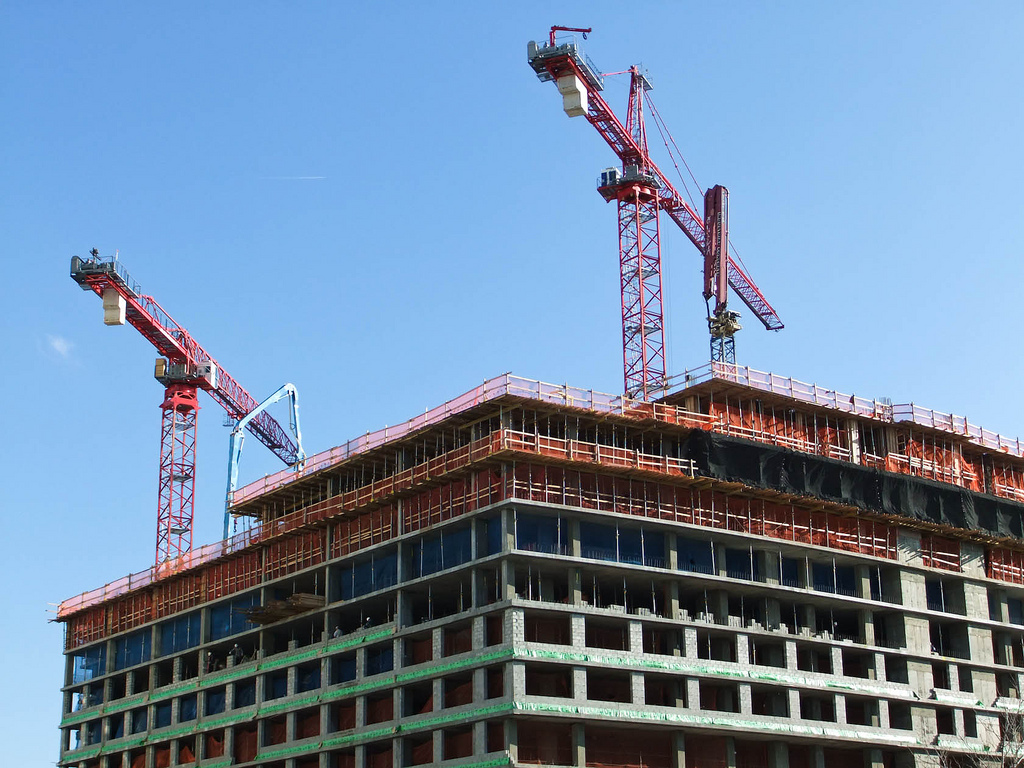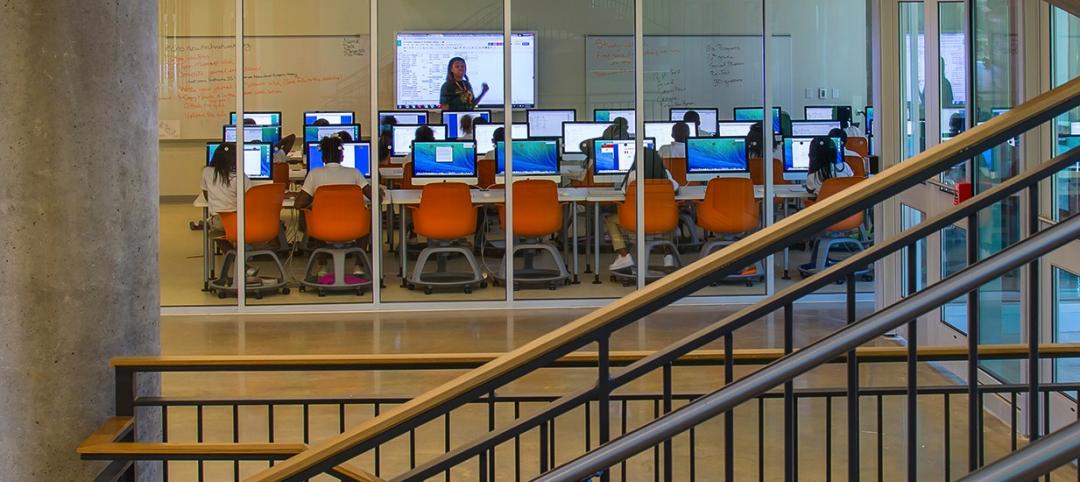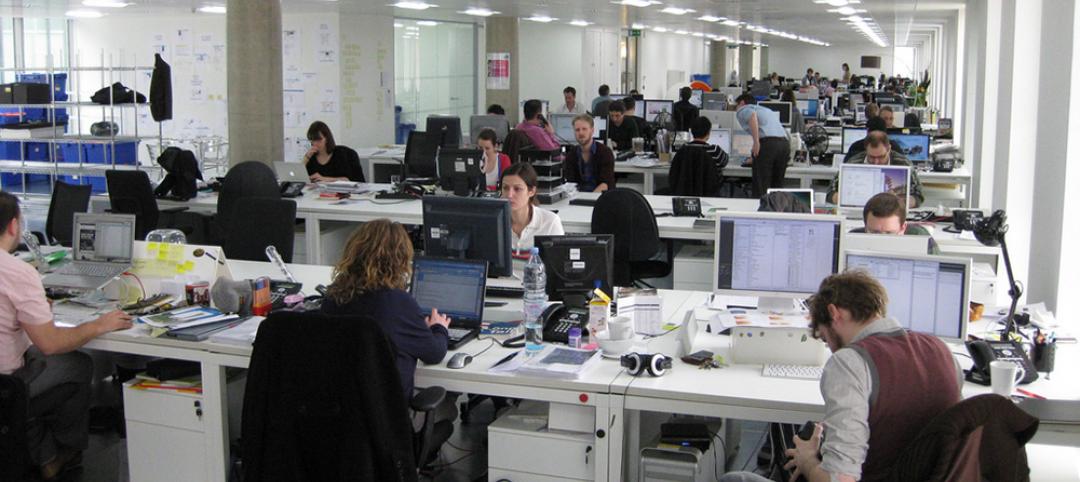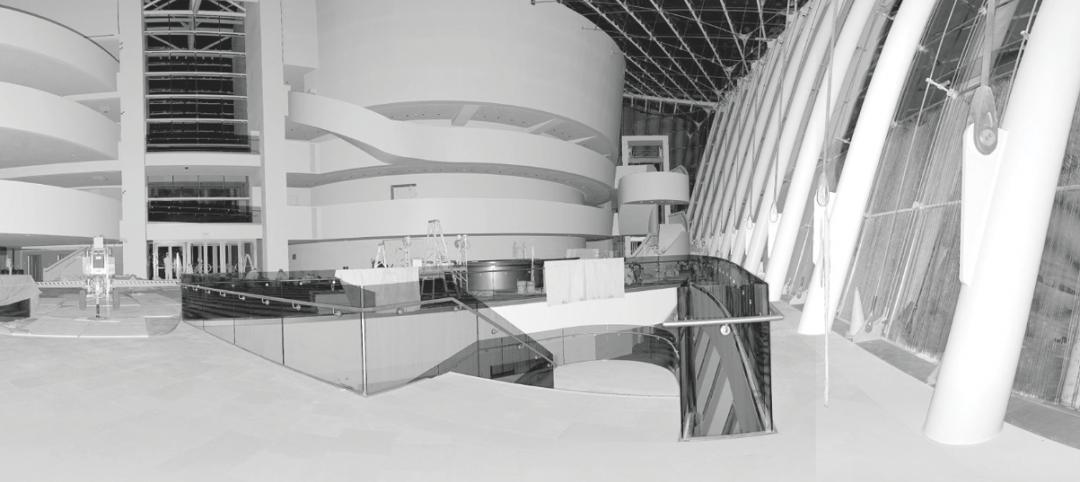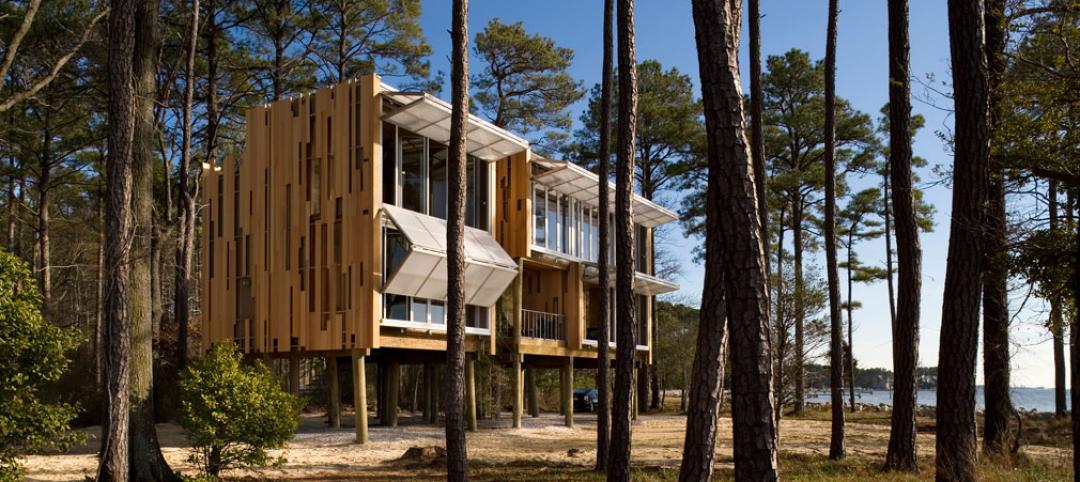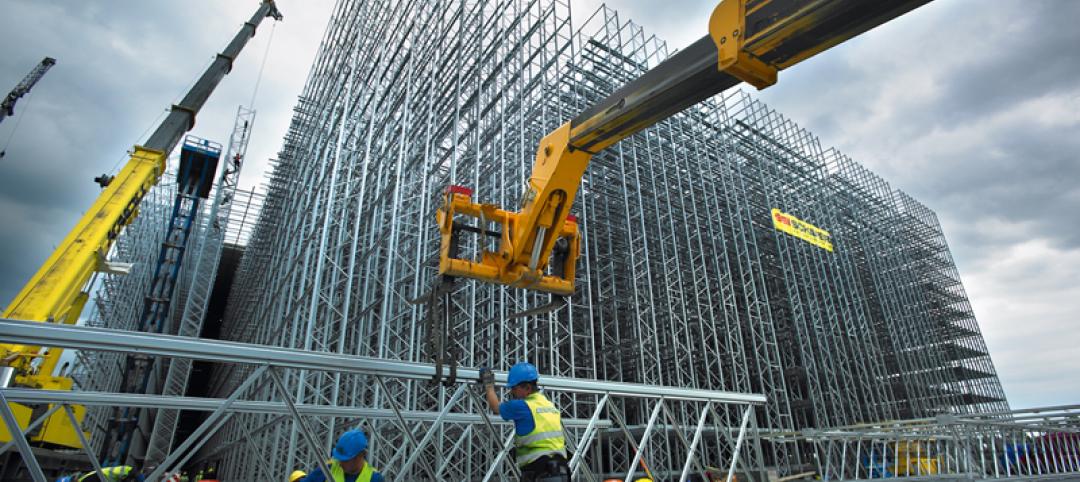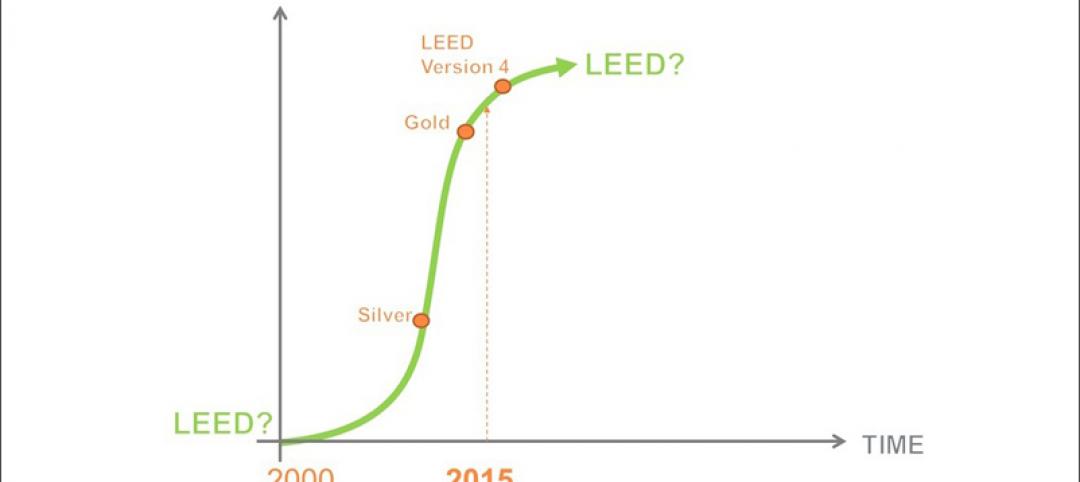The nonresidential construction sector continues at a steady pace despite a slight decline, according to the FMI Nonresidential Construction Index Report (NRCI) for Q3 2015. The index reflects the observations of a sample of the nation's construction industry executives.
FMI’s NRCI for Q3 2015 dropped 1.3 points to 63.6 from the previous reading of 64.9 in Q2. While the NRCI component for the overall economy dropped 6.3 points to 70.6 points this quarter, which is down from its peak, this component still indicates that panelists remain bullish about the economy.
Similarly, indicators for the economies where panelists do the most business stood at 73.3, indicating a strong outlook despite a slight 3.4 points slip from last quarter.
Highlights from the NRCI point to diverse forces driving the industry as we enter the last quarter of the year:
- Panelists’ Construction Business. Panelists’ views on their businesses are solidly positive with little changed from the last quarter.
- Nonresidential Building Construction Market. Although the nonresidential building construction market where panelists do business slipped 1.4 points to 75.0, this NRCI component remains in the optimistic range.
- Expected Change in Backlog. The measure of expected change in backlog dropped 3.1 points this quarter to reach 68.8, while current backlog remains at a solid 10 months.
- Cost of Construction Materials and Labor. The cost of labor continues to rise, though not greatly changed from the last quarter, at 12.5. Materials costs continue to be high, but slightly lower than last quarter. Both labor and material costs act to hold down the overall NRCI as costs increase.
- Productivity Low. The productivity component stands at 47.6, the lowest since 2008. Executives surveyed report difficulties in maintaining productivity while squeezed by rising material and labor costs.
International Debt Impacts
The NRCI Q3 report tallies executives’ opinions on the potential impact of the Greek debt crisis on their businesses. A third of respondents indicated no immediate or long-term impact was likely for their businesses, 25% were unsure and only 2% surveyed expected they would have to adjust their strategic plans to deal with the uncertain economy.
Business Changes Since Recession
All sectors within the construction industry continue their recovery since the financial crisis, as companies make adjustments to their businesses in the intervening recession. The NRCI Q3 report summarizes how business adapted during the recession. Among the strategies employed, greater selectivity regarding projects and clients tops the list, followed closely by greater use of technology for their businesses to drive productivity, stronger risk management, heightened productivity, and incorporating global geopolitical and economic conditions in decision making.
The full report is available here.
Related Stories
K-12 Schools | Feb 25, 2015
Polish architect designs modular ‘kids city’ kindergarten using shipping container frames
Forget the retrofit of a shipping container into a building for one moment. Designboom showcases the plans of Polish architect Adam Wiercinski to use just the recycled frames of containers to construct a “kids city.”
Building Team | Feb 24, 2015
Call for entries: 2015 Giants 300 survey
The annual Giants 300 Report ranks the top AEC firms in commercial construction, by revenue.
Industrial Facilities | Feb 24, 2015
Starchitecture meets agriculture: OMA unveils design for Kentucky community farming facility
The $460 million Food Port project will define a new model for the relationship between consumer and producer.
Contractors | Feb 24, 2015
ABC economist: Year-end construction backlog drops 1%, but still outpaces 2013
Despite a quarter-over-quarter decline, the U.S. construction backlog ended the year at 8.7 months, 4.4% higher than one year ago.
University Buildings | Feb 23, 2015
Future-proofing educational institutions: 5 trends to consider
In response to rapidly changing conditions in K-12 and higher education, institutions and school districts should consider these five trends to ensure a productive, educated future.
Office Buildings | Feb 23, 2015
The importance of quiet and the consequences of distraction
Recent work style studies show that the average knowledge worker spends 25-35% of their time doing heads-down focused work. Once thrown off track, it can take some 23 minutes for a worker to return to the original task.
BIM and Information Technology | Feb 23, 2015
9 best practices for effective laser scanning
JE Dunn’s National BIM Director, Trent Nichols, offers tips and advice for mastering the art of laser scanning.
Modular Building | Feb 23, 2015
Edge construction: The future of modular
Can innovative project delivery methods, namely modular construction, bring down costs and offer a solution for housing in urban markets? FXFOWLE’s David Wallance discusses the possibilities for modular.
Contractors | Feb 23, 2015
Rising Nonresidential Construction Index comes with struggles, FMI reports
Construction companies face the challenge of having enough people to keep up with increasing backlogs.
Green | Feb 23, 2015
State of the green union, and the next big shift in sustainability
The history of the green movement offers cues that we are on the precipice of another significant shift in the green union.


